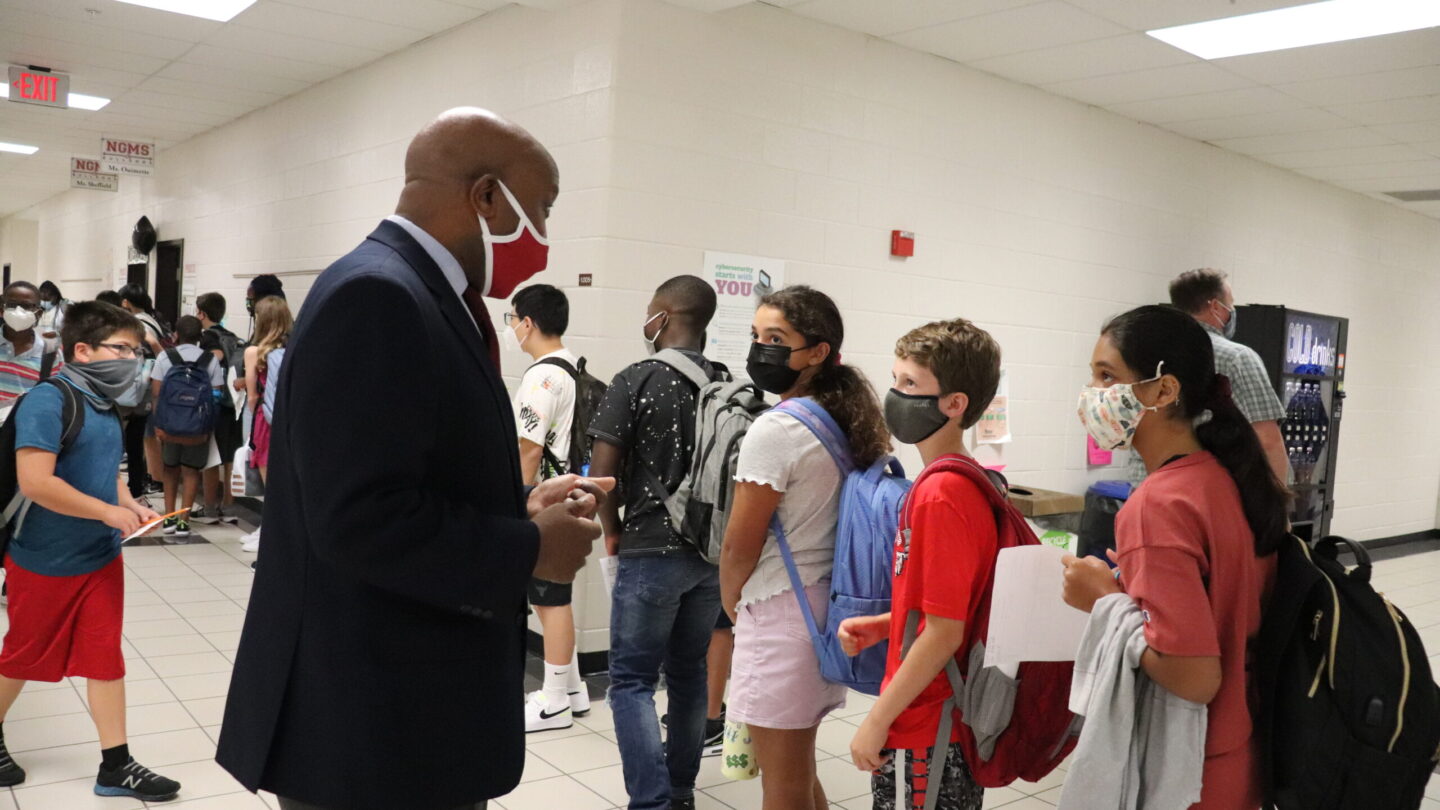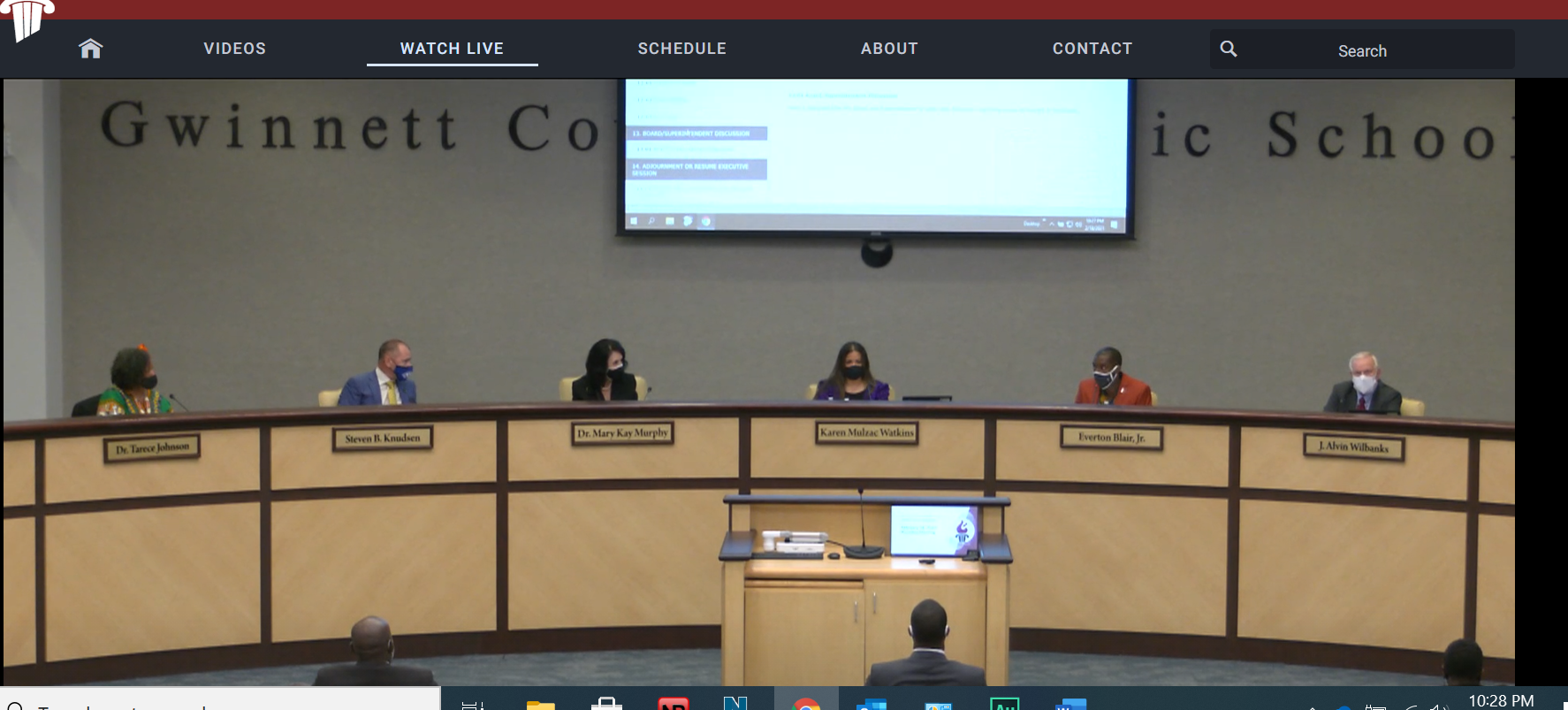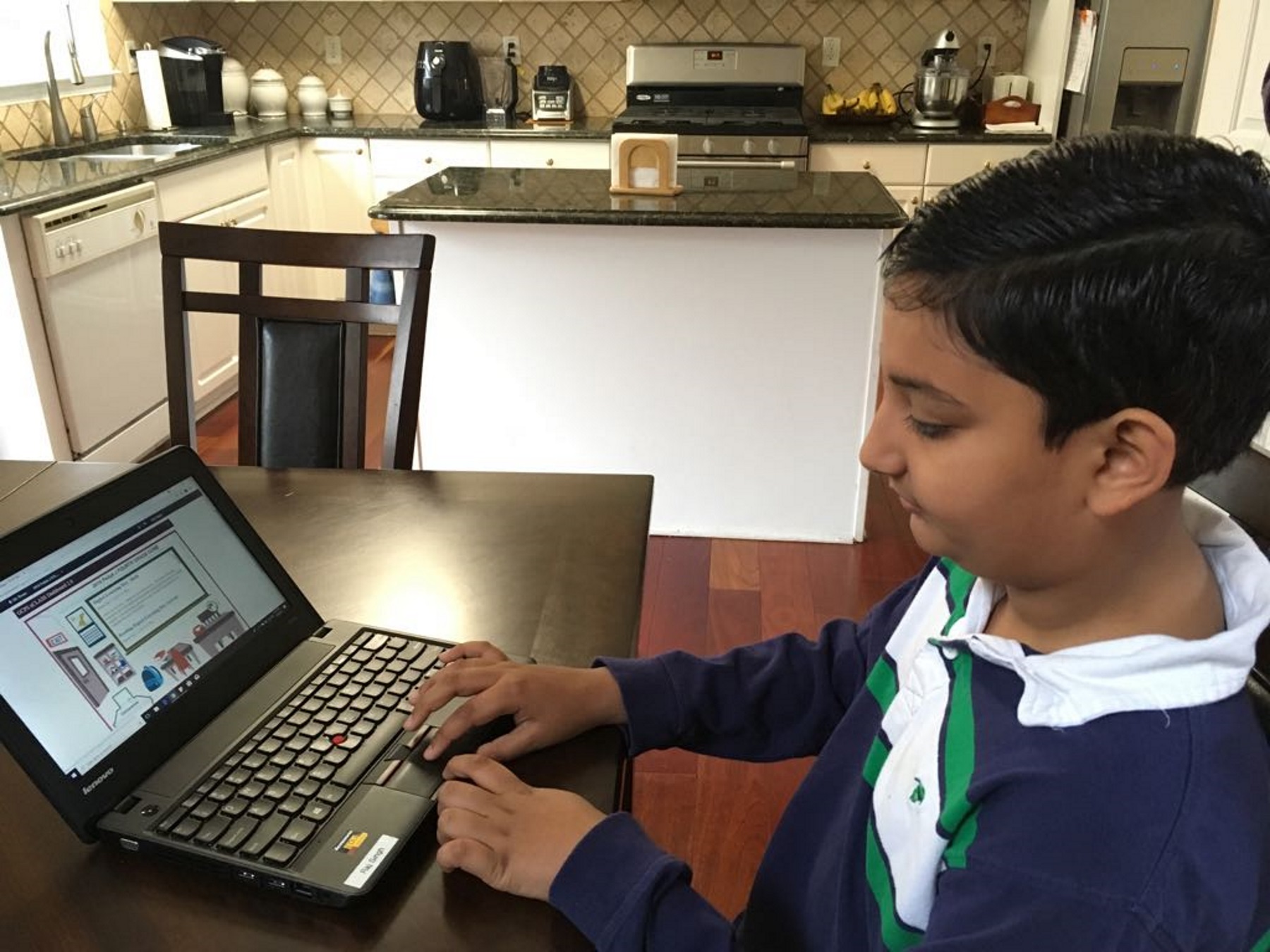Gwinnett County Public Schools will pause its discipline policy after public complaints about implementation. The school board approved the use of a program called ‘restorative practices’ in August. It’s a method of conflict resolution that focuses on repairing harm by strengthening relationships. However, parents and students have urged officials to make changes after reports of some brutal incidents in schools, including a recent video that captured a student beating up a teacher at Discovery High School.
The district put a discipline task force together, made up of teachers, school leaders, community members, and students. The idea was to come up with recommendations for Gwinnett Superintendent Calvin Watts. But community members said it was taking too long for officials to act.
“It’s not rocket science,” said Brenda Stewart. “A lack of consequences for teenagers emboldens bad behavior.”
GCPS student Eddie Madden urged the board to come up with a plan.
“I’ve seen no action taken towards any sorts of solutions, even just a declaration of, ‘This is what we will do,’ or ‘This is what will change,’ or, ‘This is how we’re going to approach a change,’” he said.









